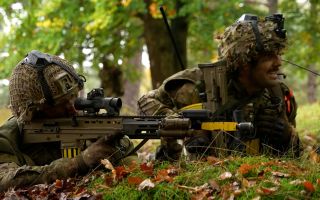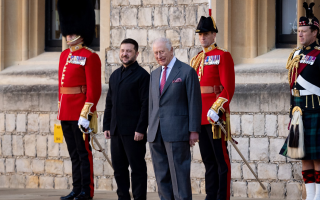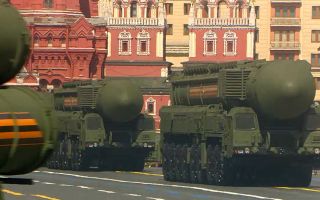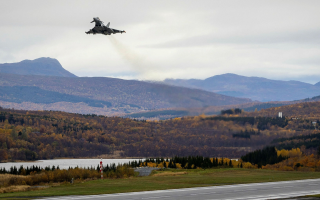
UK to spend 5% of GDP on national security - but what exactly does that mean?

Spending on defence and security will be raised to 5% of GDP by 2035, the Prime Minister has announced.
Sir Keir Starmer outlined plans for spending of 3.5% on "core defence" and another 1.5% on "resilience and security" during a Nato summit in the Netherlands.
The spending on the Armed Forces will include measures announced in the Strategic Defence Review earlier this month.
- Strategic Defence Review: Plans for the future of the UK's Armed Forces – at a glance
- What does the Strategic Defence Review mean for each of the three services?
- Strategic Defence Review has set the clock back 40 years – to the time of a new Cold War
This includes plans to build up to 12 new attack submarines, boosting the number of soldiers in the Army and investing in the next generation of fighter aircraft.
The Government is investing £15bn in the sovereign warhead programme, establishing a new artillery factory in Sheffield and building up to 7,000 long-range missiles for the military.
The 5% target is also expected to include non-military spending on border security measures, such as tackling people-smuggling gangs as well as cyber security methods, securing the country’s energy infrastructure and measures to prevent cyber attacks.
The Government’s National Security Strategy also includes a focus on the economy, from supply chains to food prices and safety on the streets.
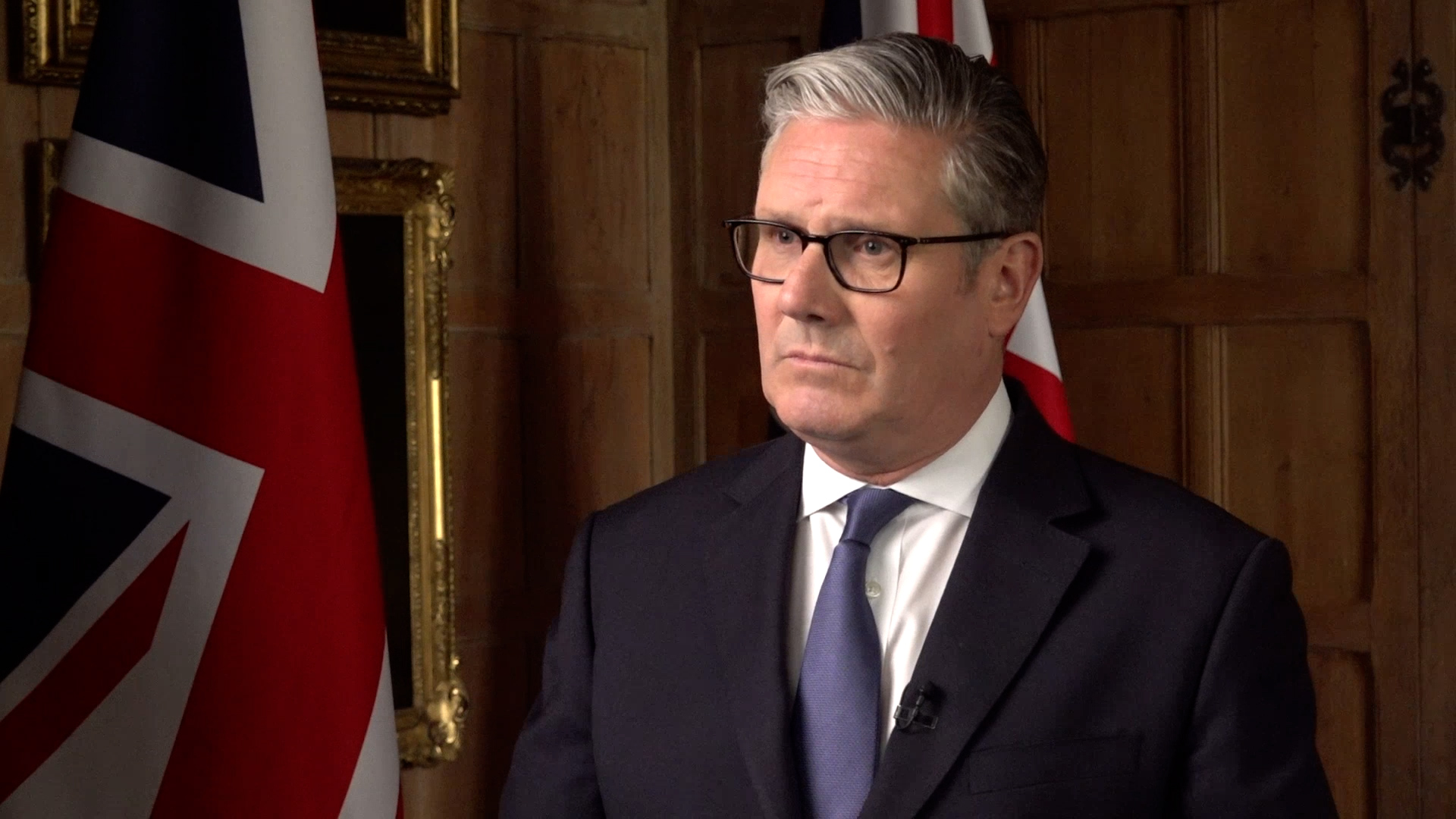
This figure represents a jump in the current Nato target of 2% and is more in line with what US President Donald Trump wants to see after he called on European members to do more to ensure security across the continent.
Sir Keir said: "We must navigate this era of radical uncertainty with agility, speed and a clear-eyed sense of the national interest to deliver security for working people and keep them safe.
"That's why I have made the commitment to spend 5% of GDP on national security. This is an opportunity to deepen our commitment to Nato and drive greater investment in the nation's wider security and resilience.
"After all, economic security is national security, and through this strategy we will bring the whole of society with us, creating jobs, growth and wages for working people – guided by my Plan for Change."


